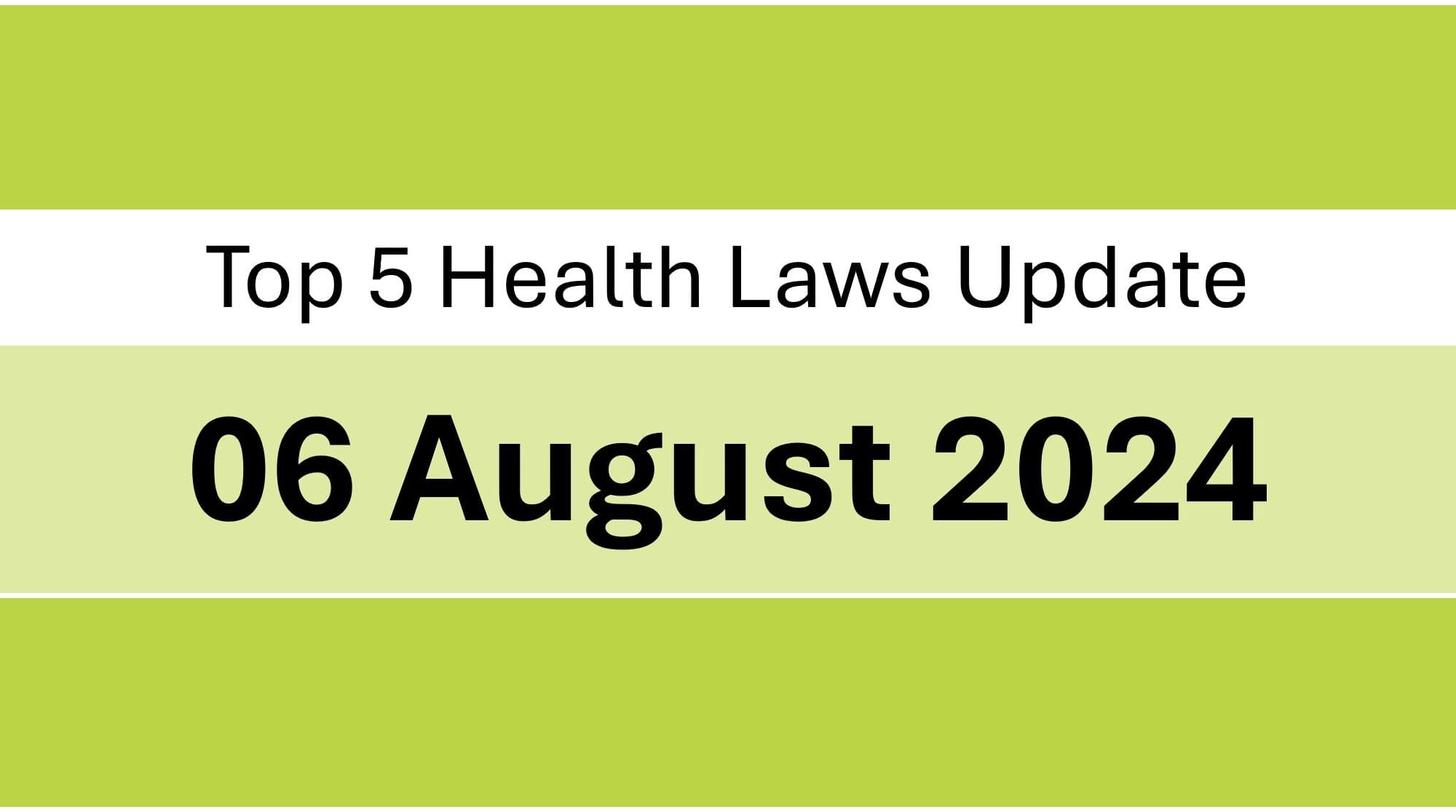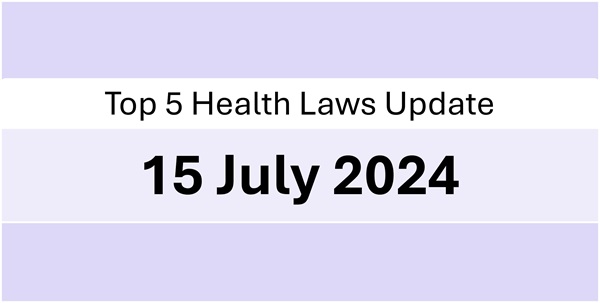1. A leading pharmaceutical association reportedly has urged the Indian government to implement a predictable drug pricing policy by refraining from using Para 19 of the Drug Pricing Control Order, which gives power to the Government to cap prices of non-essential drugs and medical devices in public interest without advance notice.
Source: bit.ly/4dw7a8j
2. The National Consumer Disputes Redressal Commission (NCDRC) has held that doctors who have qualification of M.B.B.S, M.D. (medicine) are sufficiently qualified to treat ICU patients without requiring additional specialized intensive care training since no such training has been prescribed by National Medical Commission.
Source: bit.ly/3Yts4kh
3. Australia has approved the medical use of MDMA (Methylene Dioxy Methyl Amphetamine) and psilocybin for treating PTSD and depression. The drugs will be available under strict regulations, with treatments costing between A$15,000 and A$30,000, and with no current insurance coverage.
Source: bit.ly/46CttHg
4. India’s Central Food regulator, (FSSAI) has reintroduced restriction on re-using cooking oil that has developed total polar compounds (TPC) of more than 25% by adding fresh oil. Any cooking oil that has 25% or more content of TPC is not permitted to be used.
Source: bit.ly/4d8pvIT
5. India’s Department of Consumer Affairs has extended the last date for receiving public comments on the proposed amendment of rule 3 of the Legal Metrology (Packaged Commodity) Rules, 2011 to 30th August 2024. The proposed amendment aims to close loopholes and ensure that all bulk packages are labelled clearly and consistently, just like retail products.
Source: bit.ly/4dgRE0n


